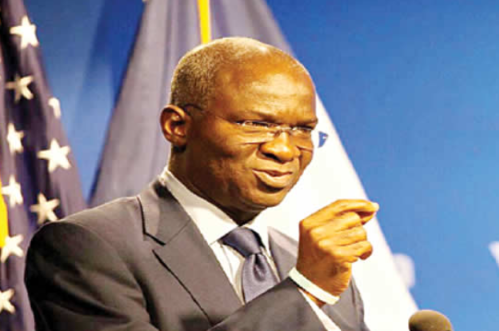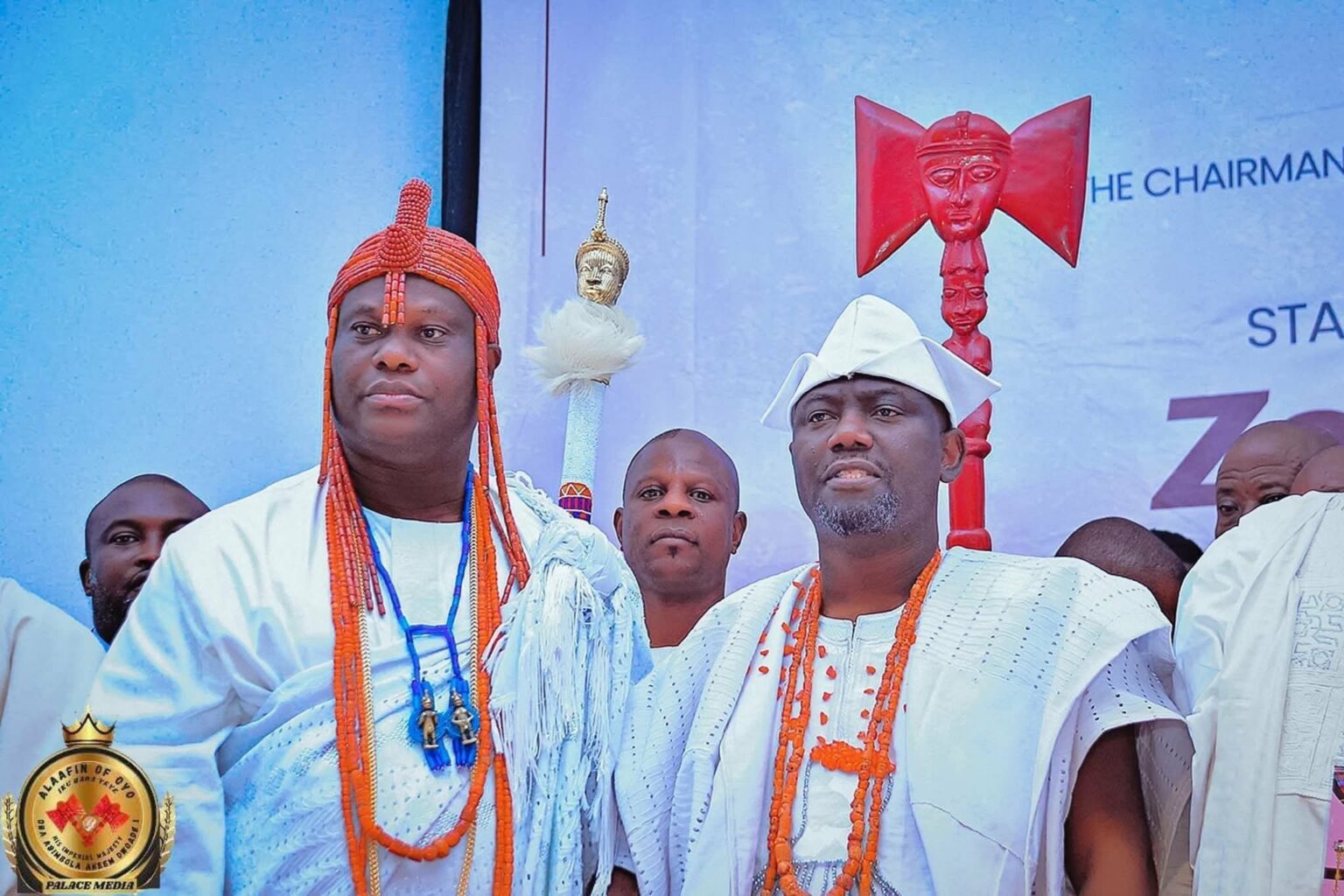In an attempt to ease increasing tensions in Yoruba monarchy, the alaafin from Oyo, Oba Akeem Owoade has made it clear that he does not participate in any conflict for supremacy against monarchs across Yorubaland or further. This clarification came in an extensive statement made on Thursday by Ibadan, highlighting his unwavering dedication to conserving Yoruba traditions and culture as well as ensuring the security and well-being of his people.
The current tension goes back to the last Monday in which the Alaafin expressed concern over concern over Ooni of Ife’s choice to confer his title Okanlomo from Oduwa upon Businessman Dotun Sanusi. This was the case during the launching of a native social media platform in an hotel in Ibadan during the weekend. Instead of turning into a confrontation The Alaafin presented himself as a staunch protector of his heritage, relying on the decision-making of the people and refusing compromise cultural integrity for a few benefits.
Based on timeless wisdom and philosophies, the statement was inspired by those words from Alexander Graham Bell on steady achievement through perseverance and concentration, presenting Oba Owoade as an example of the path he took. His rise to the throne is marked by historical favors that have been positive and has eliminated any requirement for rivalries. By combining humility with regal authority He is able to meet modern issues as the unquestionable King who is the one who rules death, has the power to rule and is the an aide to the gods.
Inducted into the holy mysteries of gods such as Ifa and Sango and the Alaafin represents them as their heavenly representative, having made the covenant with them at Yoruba sacred sites to protect and strengthen the traditional norms. This tradition is rooted in Oduduwa’s ancestral lineage. His principal minister and grandson, Oranmiyan, who was born by the sole child of Okanbi Oduduwa–founded Oyo after a drought-driven emigration from Ile-Ife. Oranmiyan’s ancestors also established several various kingdoms, including Ila Orangun, Oni-Sabe, Olu-Popo, Ola-Ketu and Oba Benin.
Oyo’s rise to prominence resulted from the wealth of trade and its the military’s capabilities, eventually becoming the largest empire in West Africa and the most powerful Yoruba principality. The colonial powers even acknowledged this in the Treaty of Cessation, recognizing the Alaafin lineage as the chief of the Yoruba nation. Today the monarchy remains determined to protect his position as well as the wellbeing of his people with traditions rooted in centuries-old cultural traditions that have helped to sustain the Oyo’s sophisticated culture.
With this approach to governance that is based on tangible results in security and prosperity The Alaafin enjoys wide acceptance throughout his kingdom and palace. The Alaafin’s administration adheres to the principles which have sheltered Yoruba cultural assets, both tangible and intangible–that have been handed through generations, guaranteeing the long-term viability that is one of the continent’s most legendary traditions.
















